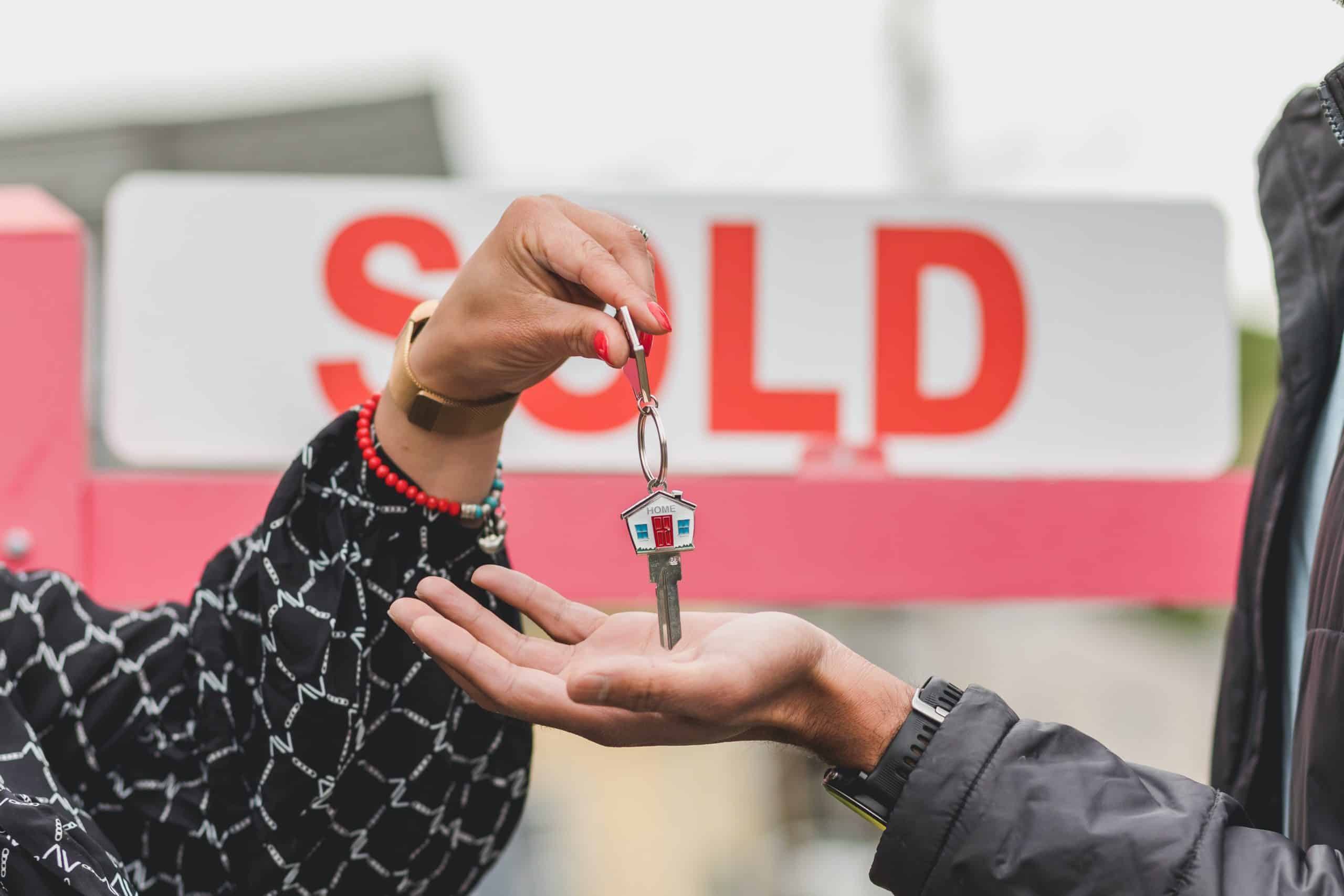Aside from being the single largest purchase that most people ever make, buying a home can often feel like a complex undertaking. Every step of the process can be stressful, from making an offer to having it accepted to closing.
For various reasons, sometimes a buyer may get cold feet in the middle of this process – maybe they have buyer’s remorse, or their financial circumstances suddenly change. But whatever the reason, would-be buyers should know that backing out of a home purchase is not a risk-free move and could lead to serious consequences.
A word on the pandemic and force majeure
Because we are currently still in the midst of the COVID-19 pandemic, a common question is whether the pandemic may be considered a force majeure (also known as an “Act of God” or unforeseeable circumstance) which might release them from the contractual obligation. While force majeure clauses may exist in some purchase and sale agreements, in Ontario they are less common as the Ontario Real Estate Association’s (“OREA”) standard forms (which are the most frequently used forms for residential real estate in Ontario) do not contain a force majeure clause.
Note that even when an agreement of purchase and sale contains a force majeure clause, there is a high threshold for using it to pull out a deal. To successfully rely on this clause, a buyer must prove that the pandemic has made it impossible (as opposed to simply more onerous) to complete their obligations.
Backing out: beware of the consequences
The law is clear: an offer to buy, when accepted, is a legally binding contract. Walking away from it represents a breach of that contract, which exposes you to numerous consequences, including the almost certain loss of your deposit or down payment.
Unfortunately, that may just be the beginning of your liability. For example, if the seller cannot find an alternative buyer for a purchase price that is the same or higher than the price you committed to, you may also be liable for paying the difference between your agreed price and the new sale price. Similarly, if your backing out of the deal has a “chain reaction” effect (for example, if the seller was counting on the proceeds of the sale to finance their purchase of a new home), you may also be on the hook for further damages to cover off any losses sustained by other parties.
Mitigating your risk before backing out
If you have not yet bought the house, there are some approaches available to mitigate your risk and give yourself some flexibility to back out of a deal:
- Consult with a lawyer before signing any agreement of purchase and sale to see if it can be amended to protect you if unforeseen circumstances arise.
- Ensure that the agreement of purchase and sale contains a clause making the purchase conditional on securing sufficient financing.
- Secure bridge financing (a short-term loan that covers the time between selling an existing home and purchasing a new property).
- Negotiate with the seller to find workable amendments to the agreement that both parties can live with, such as pushing back the closing date to allow more time for everyone to get their affairs in order.
Note that the nature of the real estate market at any given time may dictate how realistic these changes are in the circumstances. For example, if the market is a “seller’s market” where most sellers are entertaining many offers, it may be harder to negotiate terms that provide less certainty to the seller.
The irrevocable clause
For a real estate contract to be binding, there must be both an offer made and an acceptance of that offer. If the contract does not contain an irrevocable clause, an offer can remain valid indefinitely – meaning that once it is made, the other party could theoretically sit on it as long as they want.
To prevent this scenario and ensure the offer is only valid for a limited time, irrevocable clauses are usually included. In these situations, where there is no acceptance, you can just walk away. For example, if you haven’t agreed to final terms by a specific time and date, there is no offer, and you are free to walk away.
Experienced legal advice can save you trouble later on
If you have concerns that may fall outside the terms of a standard purchase and sale agreement, consider seeking legal advice early on in your home search. A qualified real estate lawyer can lessen your risk, explain your options, and help you avoid ending up in a legally untenable situation.
Contact Tierney Stauffer LLP in Ottawa for Experienced Real Estate Advice
Buying a home involves many legal and technical complexities. For peace of mind, it’s worth ensuring you have the help of an experienced real estate lawyer who can help guide you through this important transaction.
The real estate law team at Tierney Stauffer LLP has extensive experience helping clients through real estate transactions and ensures nothing is overlooked. We also advocate for clients in litigation and alternative dispute resolution processes when real estate deals have gone awry. We proudly represent clients in Ottawa, Cornwall, Arnprior, Kingston, and North Bay. To set up a consultation and discuss how we can help you, contact us online or call 1-888-799-8057.


